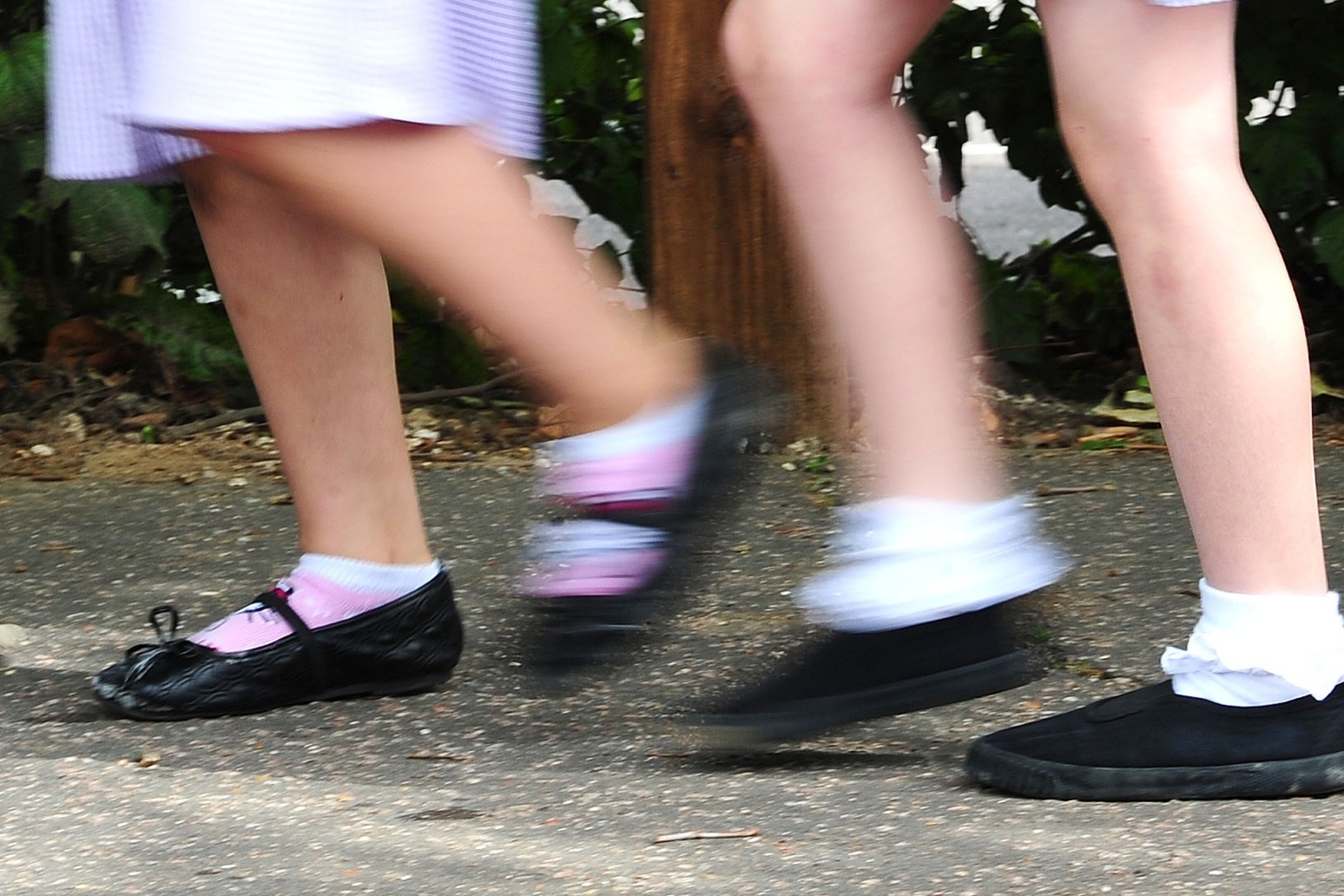
Charity launches gynaecological health lessons as research finds ‘knowledge gap’
A charity has launched a series of gynaecological health lesson plans for teachers as research suggests a “knowledge gap” on the topic.
A survey carried out by the Eve Appeal, which is offering the lesson plans, suggested only 9% of adults were taught about gynaecological health in school.
Meanwhile, just 8% said their parents made it easy to talk about gynae health with them and only one in three said they knew where to go for information on gynae health and cancers.
The Eve Appeal, which raises awareness and funds research into gynaecological cancers, on Thursday launched the Know Your Body Programme – a set of free to access, interactive, lesson plans for seven to 13-year-olds, covering the topics of anatomy, Menstrual health, HPV and cancer, and female genital mutilation (FGM).
The programme has so far been piloted in 53 lessons to more than 1,100 young people in schools in London and Greater Manchester.
According to the charity, nearly eight in nine (88%) young people said they developed a greater understanding of the internal organs following the lessons, while 70% said they now know how to keep their genitals healthy.
The programme is set to continue running lessons in September, with a goal of reaching 3,000 young people.
Since 2019, Relationship Health and Sex Education (RHSE) was made a compulsory part of the curriculum in UK schools, including the topics menstrual wellbeing and cancer screening.
Athena Lamnisos, the Eve Appeal CEO, said: “We want children to be equipped with the knowledge and information that will help them look after their health.
“Covering topics like anatomy and menstrual health and on to HPV and preparation for cervical screening, these resources will help everyone know their bodies that bit better.
“Sixty people a day are diagnosed with one of the five gynaecological cancers in the UK, yet awareness of them is shockingly low, with just 2% of the population knowing all five gynaecological cancers- womb, ovarian, cervical, vulval and vaginal.
“We hope this programme will go some way to plugging that knowledge gap.”
Published: by Radio NewsHub